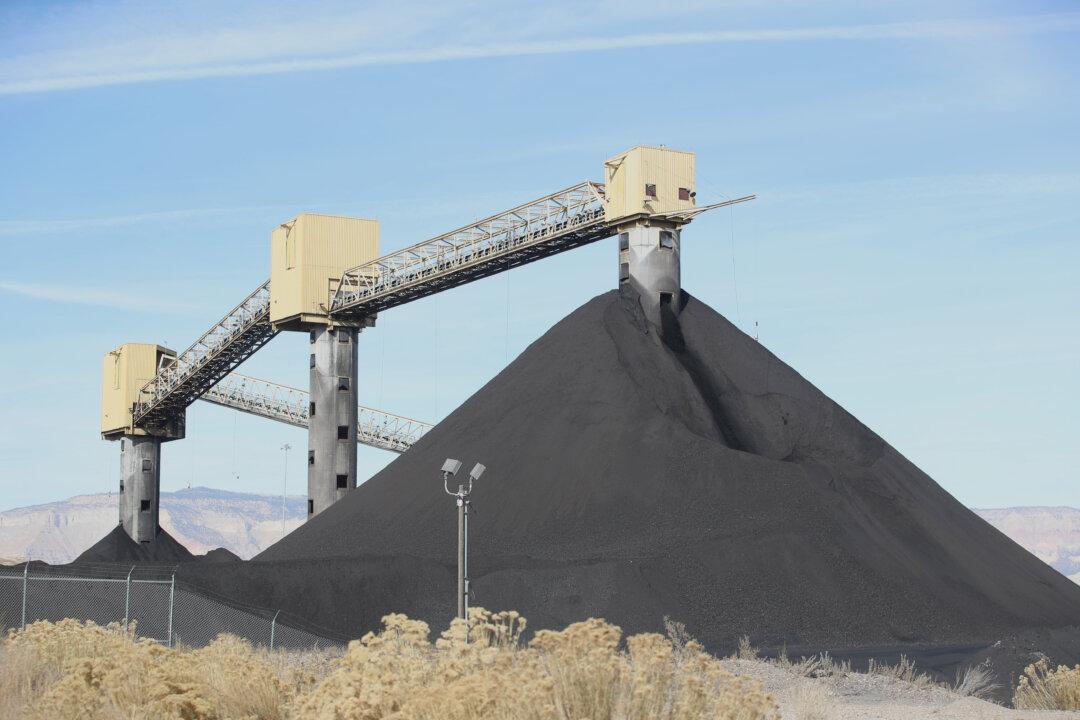Coal royalties will be hiked in New South Wales (NSW) for the first time in nearly 15 years, delivering a billion-dollar boost for the state’s ailing budget.
Treasurer Daniel Mookhey on Sept. 6 revealed coal royalties would be increased by 2.6 percentage points from July next year, delivering taxpayers an expected windfall amid high global coal prices.





